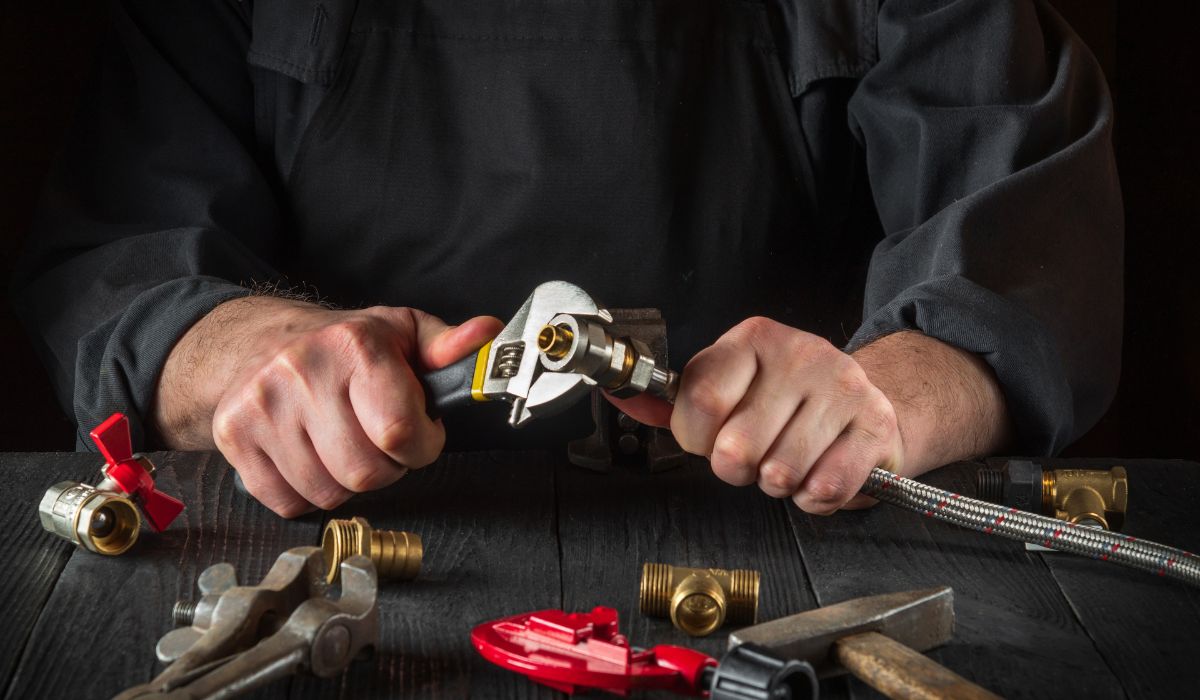Occupation description
An electrician is a skilled tradesperson who specializes in the installation, maintenance, and repair of electrical systems. Their work involves various tasks, including:
- Read and interpret blueprints, technical diagrams, and specifications.
- Install, maintain, and repair electrical wiring, systems, and fixtures in residential, commercial, and industrial settings.
- Inspect electrical components, such as transformers and circuit breakers, to identify hazards, defects, or necessary repairs.
- Use testing devices to diagnose electrical problems and ensure systems and components are functioning correctly.
- Follow local and national electrical codes and regulations to ensure safety and compliance.
- Plan layout and installation of electrical wiring, equipment, and fixtures based on job specifications and local codes.
- Collaborate with other construction professionals to ensure successful project completion.
How will I be assessed?
Becoming a certified electrician requires demonstrating your mastery of electrical systems through skill assessments. Here's a breakdown of what you might encounter:
1. Documentation Review:
This initial stage verifies your eligibility by checking:
- Proof of qualifications (e.g., Certificate III in Electrotechnology Electrician)
- Work experience records demonstrating practical electrical work
2. Knowledge Assessment:
This section tests your theoretical understanding of electrical principles and safety regulations. Expect:
- Written exams: Covering topics like electrical circuits, Ohm's Law, safe work practices, and electrical codes.
- Computer-based assessments: Interactive simulations or scenario-based questions might test your problem-solving skills in electrical situations.
3. Practical Skills Assessment:
Get ready to showcase your hands-on abilities! Here's what you might be tasked with:
- Circuit installation and testing: Demonstrate your ability to safely assemble, test, and troubleshoot electrical circuits based on provided instructions or blueprints.
- Fault identification and repair: Identify electrical faults in pre-built circuits and apply your knowledge to repair them safely and effectively.
- Equipment operation and safety procedures: Show proficiency in operating electrical testing equipment and adhering to safety protocols while working with live electricity.
4. Interview (Optional):
Some assessments may include an interview to discuss your experience, problem-solving approach when dealing with electrical issues, and your commitment to safety procedures.
Remember:
- The specific assessment format and required skills may vary depending on the chosen assessment body and desired level of certification.
- Some assessments might emphasize specific areas like switchboard installation, fault diagnosis, or working with specific electrical systems.
By successfully navigating these assessments, you'll demonstrate your electrical knowledge, practical skills, and commitment to safety, paving the way for a bright career as a certified electrician!
What skills and knowledge do I need?
How to Apply

01
Check your eligibility
Before applying, you must meet certain years of experience and/or qualification requirements to successfully pass the skills assessment through TRA/VETASSESS.
02
Assessment Process
At Educube, we specialize in documents and evidence collection processes for you, so it is almost guaranteed that your skills assessment will be successfully approved.
03
Evidence Confirmation
Once our dedicated skills assessment specialists review your paperwork and ensure it meets the highest standards only then we will proceed with your main application.
04
Start your online application
Explore other migration options
FAQs
Didn't find what you needed? Try these
1300 092 997
Call us on above number to get quick solution.
[email protected]
For general queries and questions including partnership opportunities









